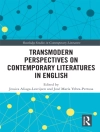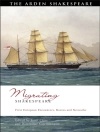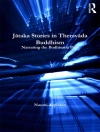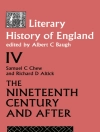This volume marks a new approach to a seminal work of the modern scientific imagination: Charles Darwin’s The Origin of Species (1859). Darwin’s central theory of natural selection neither originated nor could be contained, with the parameters of the natural sciences, but continues to shape and challenge our most basic assumptions about human social and political life.
Several new readings, crossing the fields of history, literature, sociology, anthropology and history of science, demonstrate the complex position of the text within cultural debates past and present. Contributors examine the reception and rhetoric of the Origin and its influence on systems of classification, the nineteenth-century women’s movement, literary culture (criticism and practice) and Hinduism in India. At the same time, a re-reading of Darwin and Malthus offers a constructive critique of our attempts to map the hybrid origins and influences of the text.
This volume will be the ideal companion to Darwin’s work for all students of literature, social and cultural history and history of science.
Spis treści
Chronology
1. Introduction: Difficulty and defamiliarisation – language and process in The Origin of Species – Jeff Wallace
2. Classification and continuity in The Origin of Species – Harriet Ritvo
3. Science, ideology and culture: Malthus and The Origin of Species – Ted Benton
4. The Origin of Species and the science of female inferiority – Fiona Erskine
5. Proliferation and its discontents: Max Müller, Leslie Stephen, George Eliot and The Origin of Species as representation – David Amigoni
6. Origins, species and Great Expectations – Kate Flint
7. Hinduism, Darwinism and evolution in late nineteenth-century India – Dermot Killingley
Select bibliography
Index
O autorze
Jeff Wallace is Lecturer in Contemporary English Literature at Cardiff Metropolitan University












